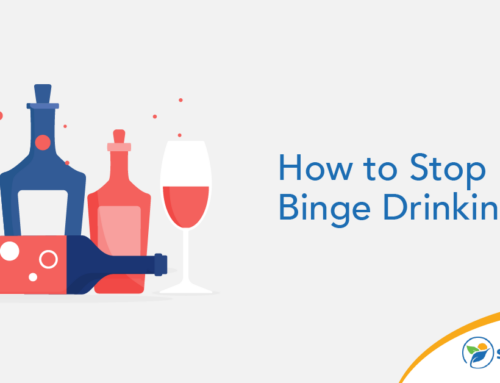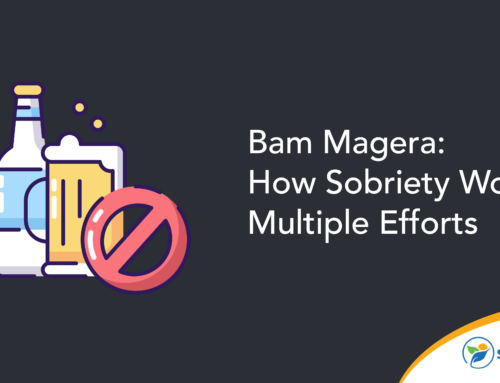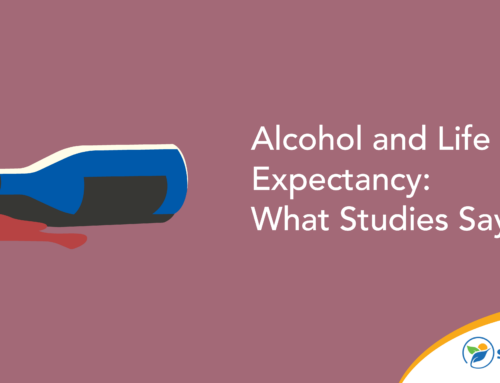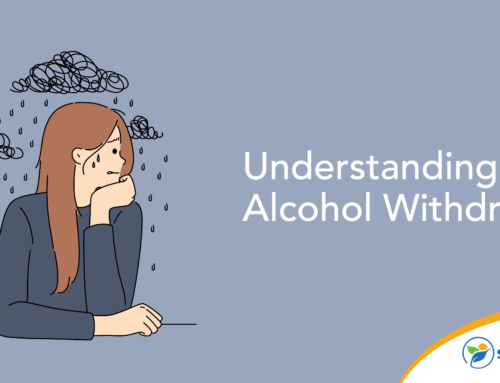Intuitively, most people know that excessive drinking isn’t good for them. Hangover symptoms and other short-term effects of drinking can interfere with a person’s quality of life, and most people have heard that chronic drinking can contribute to everything from obesity to liver problems. You may have even heard news reports on studies that establish an alcohol cancer link, yet many people tend to ignore this connection even as they take other steps to try and prevent cancer.
To protect your health, it’s important to stop disregarding the real connection between alcohol and some types of cancer. In this post, we explore the relationship between the two to help you fully understand the risk.
What Does Alcohol Do to the Body?
Before you can fully understand why alcohol and cancer may be connected, you need a clear picture of what drinking does to you. Alcohol impacts many parts of the body, including:
- Mouth, esophagus and throat: Drinking alcohol can impair the salivary glands, leading to dry mouth and inflammation, and substances in alcohol can cause irritation on their own.
- Liver: Your liver does most of the work of processing alcohol, and regular drinking can cause inflammation and the accumulation of scar tissue in the organ.
- Endocrine system: Drinking can interfere with the breakdown of certain hormones, leading to elevated levels of estrogen, particularly in women.
- Digestive system: Alcohol can irritate the digestive system, making it more difficult for your body to absorb vitamins, minerals and other nutrients from the foods you eat. Inflammation caused by drinking may also make it harder for stool to move through your colon.
How the Effects of Alcohol May Lead to Cancer
In 2020, roughly 4% of the world’s cancer diagnoses were at least partially linked to alcohol. One reason the connection between alcohol and cancer exists relates to what happens when your body breaks down the compounds in beer, wine and spirits.
As your digestive system processes alcohol, reactive particles called free radicals are released, and they may contribute to the changes that make cells cancerous. In addition, the ethanol in alcohol is converted to acetaldehyde, which researchers believe is a cancer-causing substance called a carcinogen.
The impact that alcohol has on hormone levels may also contribute to cancer. Some cancers are estrogen-dependent, meaning they grow and spread more rapidly when levels of the female sex hormone estrogen are high. This is why breast cancer and alcohol consumption may be connected.
Your body does have natural defenses against cancer. Vitamin A, folate, vitamin C, vitamin D, vitamin E and other key nutrients are believed to play a role in either eliminating cancerous cells or preventing the mutations that lead to cancer. Because alcohol can make it more difficult for your body to absorb and use these nutrients, it may impair your innate ability to fight the formation of cancerous masses.
Types of Cancer Associated With Alcohol
Research into the alcohol cancer link has found that drinking may increase the risk for cancers of the:
- Oral cavity and throat: Studies into moderate levels of alcohol intake and throat cancer symptoms show that people who drink are 1.8 times more likely to develop the disease. Moderate drinkers are at equal risk for developing cancers of the mouth, excluding the lips, as other drinkers.
- Larynx: Moderate drinkers are 1.4 times more likely to develop voice box cancer than non drinkers, and the risk increases to 2.6-fold with heavy consumption of alcohol.
- Esophagus: Light to heavy consumption of alcohol increases the risk for esophageal squamous cell carcinoma by 1.3 to nearly five times.
- Liver: Research into the connection between alcohol and liver cancer reveals that those who drink heavily are twice as likely to develop two forms of the disease: hepatocellular carcinoma and intrahepatic cholangiocarcinoma.
- Breast: Many studies have confirmed that there is a link between breast cancer and alcohol consumption. Even light drinkers may be slightly more likely to get breast cancer, and heavy drinkers are 1.6 times more at risk.
- Colon and rectum: Moderate to heavy drinkers are believed to be 1.2 to 1.5 times more likely to develop colorectal cancer than those who don’t drink.
What Are the Other Causes of Cancer?
Consuming alcohol seems to increase the risk for some forms of cancer, but it is not the only cause of the disease. Genes may also play a role. Researchers have identified numerous genes associated with cancer, and some people choose to undergo genetic testing for these genes.
There is also evidence to suggest that variations in some genes may make a person more vulnerable to the effects of alcohol. For example, some people of East Asian descent possess a gene that speeds up the conversion of alcohol to acetaldehyde. The faster conversion may amplify the effects of drinking.
Tobacco use is another leading cause of some forms of cancer. People who smoke or chew tobacco and drink alcohol are at an even greater risk for cancers of the larynx, throat, oral cavity and esophagus.
What About the Health Benefits of Wine I’ve Heard of?
Red wine is known to contain resveratrol, an antioxidant that helps fight free radical damage caused by reactive particles in pollution and ultraviolet radiation. Studies show that this damage may contribute to cancer, leading some people to theorize that red wine may be beneficial for cancer prevention. However, scientific research has yet to prove that drinking wine decreases the risk of any type of cancer.
Is It Too Late to Lower the Risk Caused by the Alcohol Cancer Connection?
Learning about the alcohol breast cancer link and the connections between drinking and other forms of cancer may leave you wondering what to do next. You may think, “If drinking has already done damage, what’s the point in quitting?”
The good news is that scientists believe that cancer risk gradually declines during the years after a person quits drinking. While you may never reach a point where your risk of cancer is the same as someone who never drank at all, you will likely become less likely to develop the disease over time.
Taking the First Step to Quit
Concerns about the effects of drinking on your health may not be enough to help you quit on your own. Giving up alcohol isn’t easy, but you don’t have to go through it alone. Sunlight Recovery offers comprehensive alcohol treatment to help you succeed. Contact us today to learn more about your options.







